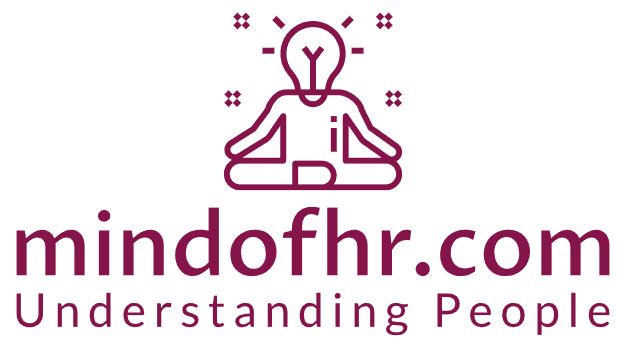The Banking, Financial Services, and Insurance (BFSI) industry have always been at the forefront of adopting cutting-edge technologies to streamline operations, enhance security, and improve customer experiences. In the realm of Human Resources (HR), the integration of technologies like Robotic Process Automation (RPA), Blockchain, Cybersecurity measures, and Machine Intelligence has ushered in a new era of efficiency, transparency, and innovation. In this article, we explore the impact of these technologies on HR processes within the BFSI sector.

1. Robotic Process Automation (RPA) in HR:
Enhancing Efficiency: Robotic Process Automation involves the use of software robots or “bots” to automate repetitive and rule-based tasks. In the HR domain of BFSI, RPA is transforming routine processes, such as resume screening, employee onboarding, and payroll processing. Bots can handle these tasks with precision, speed, and accuracy, freeing HR professionals to focus on more strategic and value-added activities.
Example: Citigroup’s RPA Implementation: Citigroup has embraced RPA in HR processes to automate tasks like employee data processing, onboarding paperwork, and compliance checks. This has led to significant time savings and error reduction, allowing HR teams to dedicate more time to strategic initiatives.
2. Blockchain in HR:
Securing Employee Data: Blockchain technology offers an immutable and transparent ledger system, making it a valuable asset in securing sensitive HR data. In the BFSI sector, where data confidentiality is paramount, blockchain can enhance the security and privacy of employee records, ensuring that information is tamper-proof and accessible only by authorized personnel.
Example: HSBC’s Blockchain for Employee Credentials: HSBC has explored blockchain for credential verification during the hiring process. By utilizing a decentralized ledger, HSBC ensures that candidate credentials are genuine, minimizing the risk of fraudulent claims and enhancing the integrity of the hiring process.
3. Cybersecurity Measures in HR:
Protecting Employee Information: As custodians of vast amounts of personal and financial data, BFSI organizations prioritize cybersecurity to safeguard against threats. HR, being a repository of sensitive employee information, is a prime target for cyberattacks. Robust cybersecurity measures, including encryption, multi-factor authentication, and secure access controls, are critical in the BFSI HR domain to prevent unauthorized access and data breaches.
Example: JPMorgan Chase’s Cybersecurity Initiatives: JPMorgan Chase has implemented advanced cybersecurity measures to protect HR data. These include continuous monitoring, threat intelligence analysis, and employee training programs to enhance awareness about cybersecurity best practices.
4. Machine Intelligence in HR:
Optimizing Talent Management: Machine Intelligence, including artificial intelligence (AI) and machine learning (ML), is revolutionizing talent management within the BFSI HR domain. AI-powered tools can analyze vast datasets to identify trends, predict employee performance, and assist in strategic workforce planning. From recruitment to employee engagement, machine intelligence is enhancing decision-making processes.
Example: Goldman Sachs’ AI for Talent Acquisition: Goldman Sachs utilizes AI in talent acquisition to analyze resumes, identify suitable candidates, and even predict the likelihood of employee success. This not only accelerates the hiring process but also ensures that the right talent is matched to the right roles within the organization.
Conclusion:
The amalgamation of Robotic Process Automation, Blockchain, Cybersecurity measures, and Machine Intelligence in the HR domain of the BFSI industry signifies a transformative journey toward efficiency, security, and strategic HR management. As organizations embrace these technologies, they position themselves not only to adapt to the rapidly changing business landscape but also to gain a competitive edge in talent acquisition, management, and retention.
However, it’s essential to strike a balance between technology and human touch. While automation streamlines processes, the human element in HR remains irreplaceable for empathy, creativity, and complex decision-making. The successful integration of these technologies requires a thoughtful and strategic approach, with an understanding that the future of HR in BFSI is a harmonious blend of human expertise and technological prowess.











